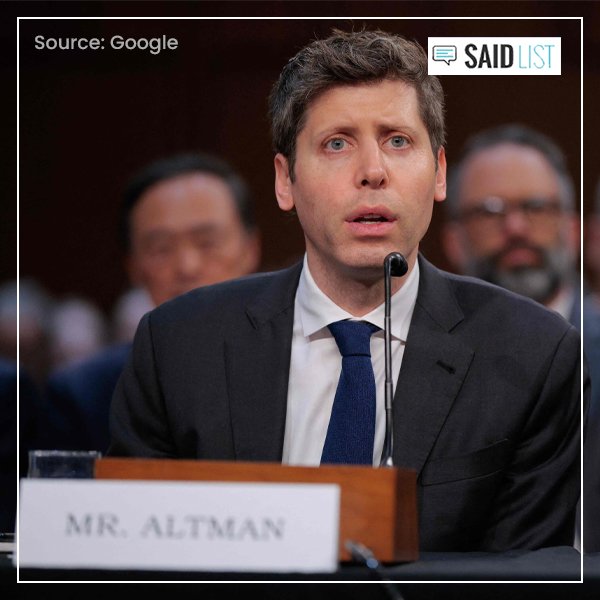Recently, Bigg Boss 18 debuted with 18 competitors and an unexpected addition: a donkey into the house’s 19th member. Shaurya Agrawal is an advocacy associate with PETA India. He wrote a letter to Bigg Boss 18 host Salman Khan. The letter was in response to the show’s inclusion of a donkey.
In the letter, Agrawal mentioned that many members of the public had contacted PETA. They expressed their offense at the donkey’s presence in the Bigg Boss home. Therefore, PETA India encouraged Salman Khan to use his influence in this matter. Specifically, they urged him to ensure the donkey’s surrender for its well-being. This action would allow the donkey to be placed in a sanctuary with other rescued animals. Ultimately, such steps would promote compassion and highlight the importance of animal welfare in entertainment.
PETA underlined that it is not appropriate to use animals for entertainment. The letter also noted that Advocate Gunaratna Sadavarte, one of the competitors, reportedly brought in the donkey, Max, and kept it for milk production studies. PETA did draw attention to the fact that donkeys only naturally produce milk for their young.
PETA suggests that Salman Khan can help reduce stress for animals by avoiding their use as props in entertainment. This choice would lessen discomfort for viewers as well. Additionally, it would set a powerful example for others in the industry to follow.
In conclusion, serious ethical questions now arise regarding animal welfare in entertainment due to the donkey’s presence on Bigg Boss 18. PETA India’s plea to Salman Khan underscores the importance of treating animals with compassion. It stresses that animal welfare should come before entertainment value. By considering the demands outlined in the letter, Salman can ease public anxiety. He can also establish a positive standard for reality television moving forward. Ultimately, cultivating empathy and regard for all living beings is critical. Moreover, building a more compassionate society requires television shows to uphold these principles in their programming. By doing so, they can foster a culture of kindness and respect. Consequently, this will lead to greater awareness and understanding of animal welfare issues among viewers.











